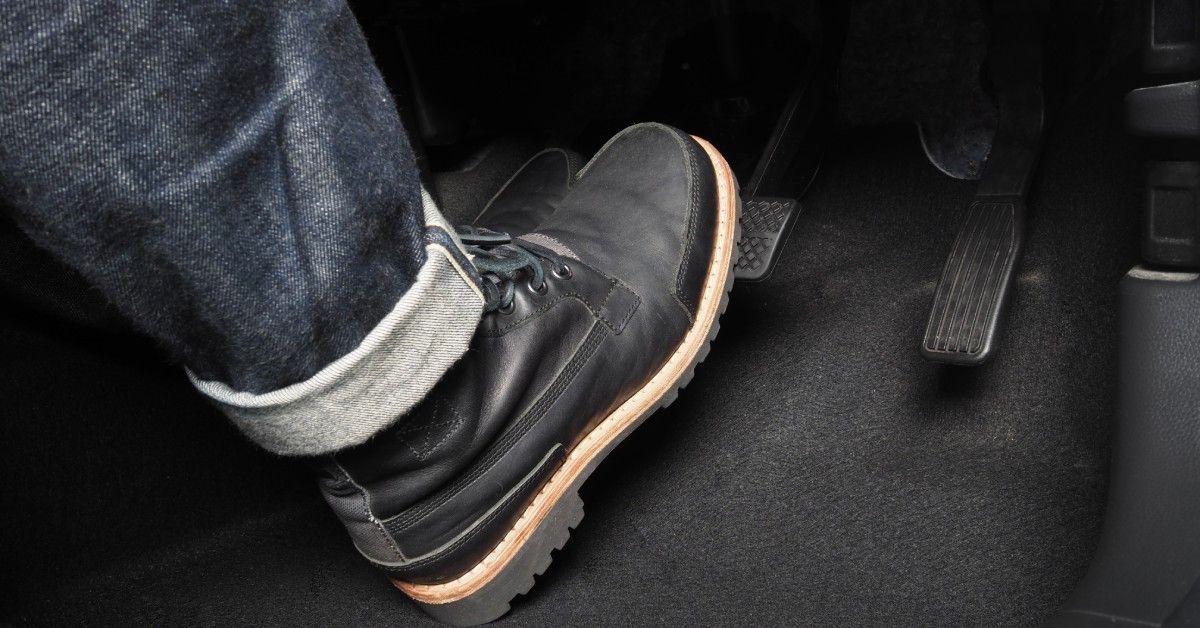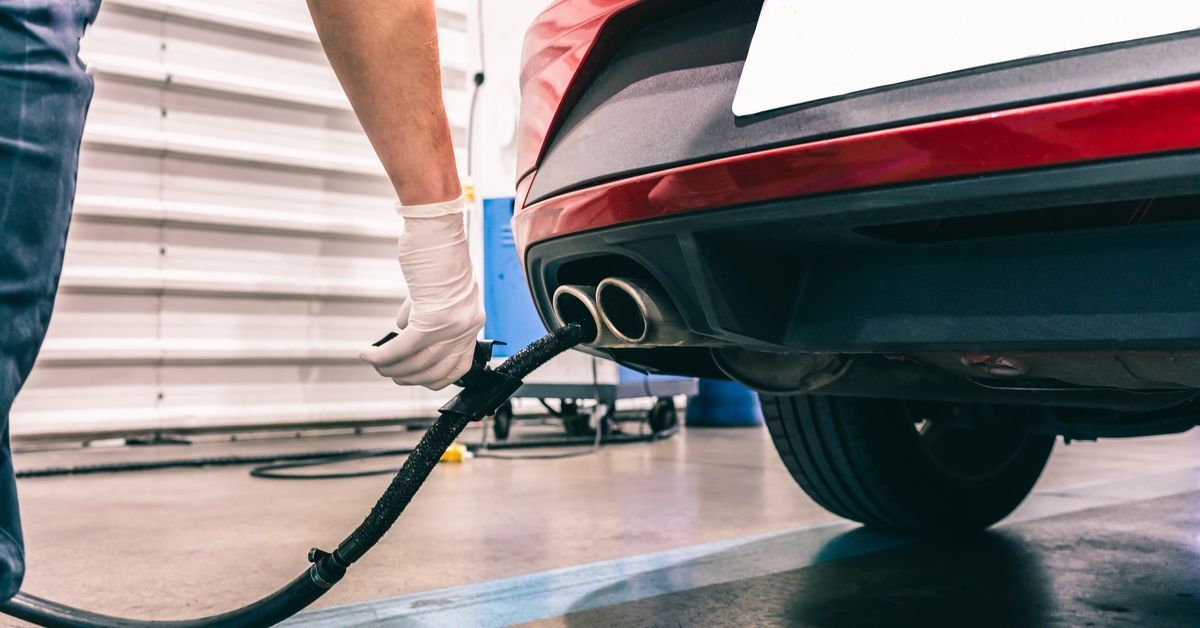5 Common Car Problems and How To Prevent Them
When your car experiences trouble out of the blue, it can be a real pain. But what if you could anticipate and prevent some of the most common car problems? As a car owner, being aware of warning signs and practicing regular maintenance can save you time and money. Find out about five common car problems and how to prevent them.
Your Engine Misfires
An misfire is a common issue that occurs due to the interruption of the combustion cycle in the engine. Multiple things can cause this, including a spark plug failing, a clogged fuel injector, or an incorrect air-to-fuel ratio.
The best way to prevent misfires is to keep your engine in top condition. Ensure you follow your manufacturer's recommended service schedule for tune-ups and regular changes of air filters, fuel filters, and spark plugs.
Your Tires Are Experiencing Uneven Wear
Uneven tire wear is another common car problem you can prevent. This can indicate tire problems and issues with your vehicle’s suspension. Regularly check your tire pressure and keep it within the recommended limits to prevent uneven wear.
Additionally, have your auto mechanic check your alignment periodically, particularly if you hit a pothole or curb with significant force. This can throw your vehicle's alignment off, leading to uneven tire wear.
Your Oil Filter Experiences a Blockage
The oil filter is an essential part of the engine's lubrication system. It filters out impurities and protects the moving parts of the engine. But when dirt and debris block it up, they can affect the oil flow and lead to engine damage.
You can prevent this by performing regular oil and filter changes as often as your vehicle’s manual recommends. Also, make sure you use the correct oil to prevent future blockages.
Your Car Has a Flat Tire
There are many reasons why your car may experience flat tires, including driving over sharp objects, getting leaks in valve stems, or even being a little too overzealous when you inflate them.
To avoid this common inconvenience, practice good driving habits and avoid potholes, curbs, and other road hazards. Furthermore, ensure you have your tires inflated and rotated according to the manufacturer's recommendations.
Your Brake Pads Wear Down
When you use your vehicle’s brakes, that can result in wear on the pads. If not replaced when worn, you’ll eventually hear a screeching sound from their indicators, which will make that noise.
To avoid wear, you can make some revisions to your driving habits, including cutting down on excessive brake use. Additionally, make sure you aren’t tailgating so that you can avoid slamming on the brakes to prevent a collision.
Being proactive can help you avoid the stress of car trouble, but Advanced Vehicle Technology Services can also help you with any maintenance your vehicle needs. Our skilled technicians can keep your vehicle reliable on the road.




